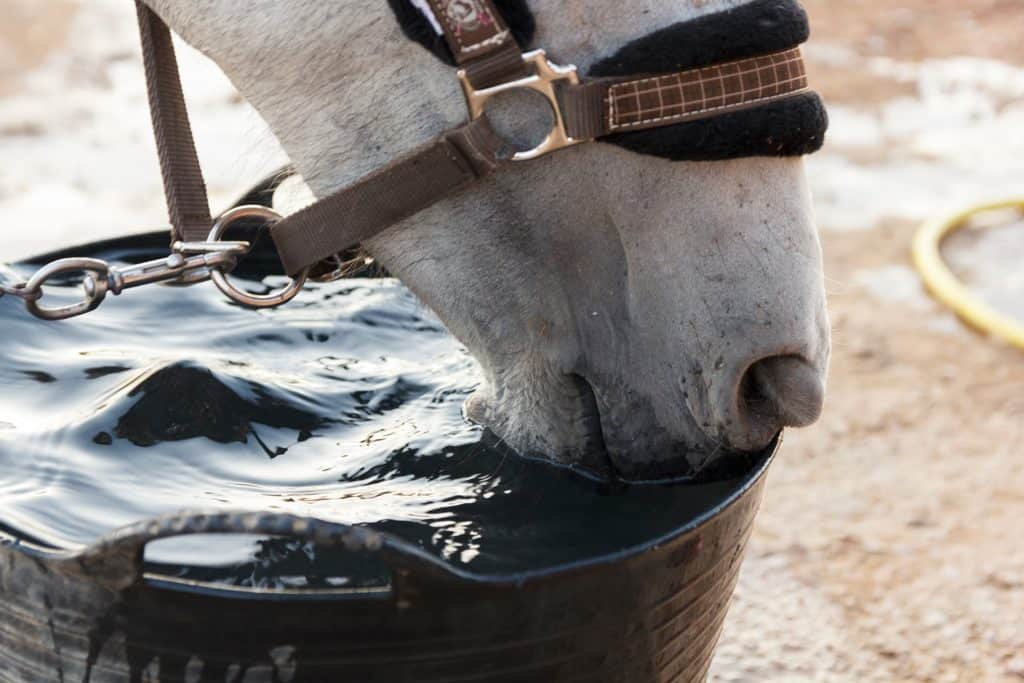
Rules for Feeding Horses Forage
An equine nutritionist emphasizes the importance of fiber in horse diets and shares 2 rules for safe fiber-feeding practices.

An equine nutritionist emphasizes the importance of fiber in horse diets and shares 2 rules for safe fiber-feeding practices.

Here’s how you can recognize the early signs and risk factors for EGUS, and how veterinarians diagnose and treat the condition.

Researchers believe exercise, stress, and diet can contribute to leaky gut in horses, but a prebiotic product might reduce the incidence.

Extruded horse feeds offer higher digestibility, longer consumption time, and decreased dust and pathogens, making them an ideal option for feeding some types of horses.

Read about the steps veterinarians and farriers take to identify, evaluate, and treat riding horses’ hoof problems.

An equine nutritionist describes the connections between heat stroke and leaky gut in horses and what you can do to prevent these problems.

How to ensure the late-gestation mare is getting enough nutrients to meet both her needs and those of the developing fetus.

Find out how orthopedic therapies are enhancing the health and performance of sport horses in the Research Roundup 2024 issue of The Horse.

Equine neuroaxonal dystrophy (eNAD) and equine degenerative myeloencephalopathy (EDM) both plague the horse’s central nervous system.

Here’s why a horse’s gut microbiome might have a significant impact on his immunity and what owners can do to support equine gut health.

By focusing on positive training tools, veterinarians can help horses see health interventions as less threatening.

Researchers say this method of extracting horses’ cheek teeth could reduce complications during and after surgery when traditional extraction methods fail.

Review the latest research findings on how different horseshoes affect hooves in The Horse‘s 2024 Research Roundup issue.

Just because your horse has access to water does not guarantee he’s drinking enough. Learn more about how to keep horses hydrated.

What could cause a horse to develop equine odontoclastic tooth resorption and hypercementosis (EOTRH)?

One veterinarian describes what management changes you can make to keep your arthritic horse comfortable.
Stay on top of the most recent Horse Health news with
"*" indicates required fields